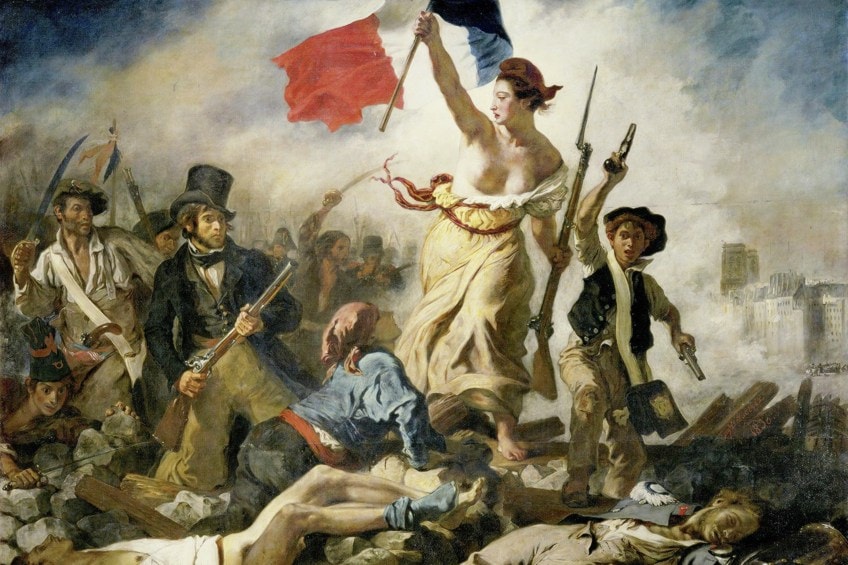... is that 4e lore,
@RoughCoronet0? 'Cause... I do not remember any of that...
Reverie was a form of meditation with mental exercises that elves could choose to do instead of sleeping, and it helped with their memory... but what you've written, there, sounds way more involved than anything I read about it.
Yeah... uh... I get what the writers -say- Elves are like... but when you compare them to the worlds they're in and the media that is shown about them, they much more often ascribe to the kinds of mindsets I've written about above.
Even in FR they're written as CG or NG their whole societal structure is LG AF, with strong central governments (Monarchies, mostly, but occasionally Religious or Druidic rulership) and almost always a class system which puts specific elves above other elves in a hierarchy of citizenship.
Mostly because it's all based in high fantasy feudalism, but still.
Actually Chaotic (Free spirited, independent) elves? Would probably not have a society in short order... instead, they'd be rugged individualists off on their own living in the wild lands, farming, hunting, fishing, building their homes. Coming together only to mate and raise a child before going off on their own, again. Unattached to people, places, or identities beyond their own weird enjoyments out in the woods. They might swing by a friend's place, now and then, or entertain the occasional visitor... but mostly they'd just be alone.
Oh, sure, they might come to town now and then to take in the local Art Scene and see what's changed in theatre and music every couple decades...
Which is why there's a big bolded section in the middle to separate the example from the actual point.
But since you chose philosophy and art:
Why should elves care about art? Art, by it's very nature, is more ephemeral and fleeting than a spear or a shirt. A spear kept well can last multiple human lifetimes, but within a generation we see art change a dozen times into a dozen new permutations with one of the latest being DEEP FRIED MEMES.
You hung out with Eugene Delacroix and posed for this masterpiece:
And new artists are mass-producing THIS weirdness.
In just a handful of generations art can go from something beautiful and representative to something abstract but full of meaning to something freaking awful on the eyes made up entirely of pop culture references and in-jokes within sub-communities.
Not that that should be significantly different from Eugene's art, which is an image of something that happened in the wider world that you don't actually care about.
Because art is a reflection upon or a rejection of a given society, sentiment, or period of time.
Why would an elf who cares nothing about society care about art?


